Bad Breath: A Social Life Killer
The title of the article already gives a hint as to how bad breath can have a huge negative impact on your social life. Bad breath can originate from the mouth and be sign of many systemic problems which in turn helps the doctors determine the more serious systemic problem. In this article I will be discussing social impacts of bad breath, its types, causes, how to identify bad breath, how can you treat it and prevent it.
Social impacts of halitosis
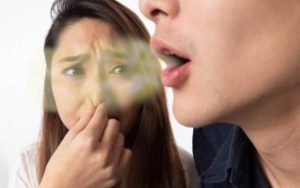
Bad breath is a very common complaint among the general population. It is present in people from all ages. Bad breath has been mentioned in literature under the topics of social stigma, social health problem, and social-life killer. Halitosis has also led to low self-esteem and self-confidence, decreased quality of life, problems in relationships, unfulfilled careers, and depression.
Types of bad breath
- The bad smell from the mouth after eating foods like onions, garlics, some spices, medication such as metronidazole, and smoking.
- “Morning breath” that is experienced when waking up from sleep and disappears after toothbrushing, flossing and mouth rinsing.
- Bad breath caused by some systemic diseases of the lungs, liver and kidneys.
- Sometimes bad breath does not exist, but some people are convinced that its present. This is a psychological problem. [1]
Causes of bad breath
- Tongue and tongue coating: When the tongue is not cleaned properly, food particles and bacteria starts to accumulate on the upper surface of the tongue and causes bad breath.
- Gum Disease: As the gum diseases like periodontitis increases the levels of bad breath also increases.
- Dental problems: large dental caries, accumulation of food remnants crowded teeth, food collection in between teeth, and acrylic dentures that are not cleaned and worn throughout the night can all cause bad breath.
- Dry mouth: Lack of saliva can lead to heavy plaque buildup and food debris accumulation on the tongue and teeth that leads to bad breath. Sometimes drinking alcohol, diabetes, some medications can also lead to dry mouth which in turn leads to bad breath.
- Infections and ulcers in the ear-nose-throat like tonsillitis can also lead to bad breath that smells of rotten eggs.
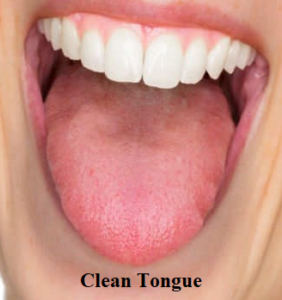

- Diabetes: Uncontrolled diabetes can cause accumulation of ketones giving a sweet smell like the odor of the rotting apple in the mouth.
- Liver: Patients suffering from liver failure may have their breath smelling sweet, musty or fecal aroma.
- Kidney: Patients suffering from kidney failure may have a typical fishy odor of the breath. [2]
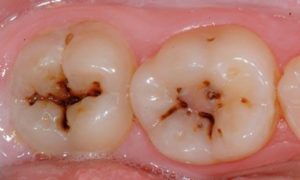
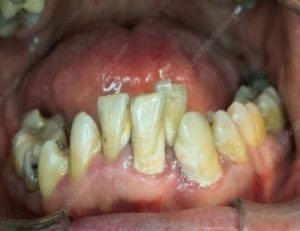
How can you know if you have bad breath?
There is some self-examination method that you can do to know if you have bad breath like:
- Smelling a toothpick after gently inserting it in between the teeth.
- Smelling a non-odorous (plastic or metal) spoon after the scraping the back of the tongue.
- Smelling the saliva after spitting in a small cup and allowing it to dry for a few seconds.
After following these steps, if you notice an unpleasant smell or any of the smell mentioned above, you should schedule an appointment with your dentist for further examination and diagnosis. [1]

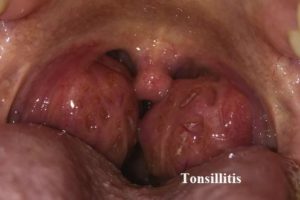
What is the treatment for bad breath?
Prognosis of bad breath caused by lack of oral hygiene practices is good. Follow these instructions to achieve optimum oral hygiene to get rid of bad breath:
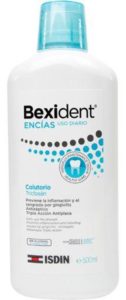
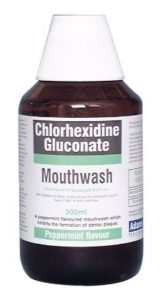
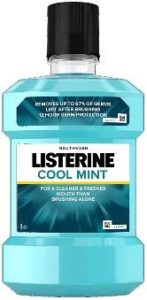
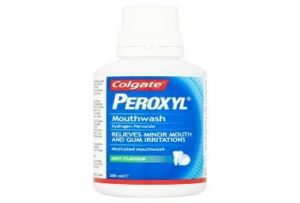
- Focus on tongue cleaning and preventing the formation of coating on the tongue and toothbrushing to remove plaque. You can use a normal toothbrush to gently clean the tongue, but a tongue scraper is preferred if coating is present. Since the coating is high on the back of the tongue, it is best to clean as far backwards as possible. To prevent gag reflex, it is better to pull the tongue out with a gauze pad for cleaning. Use of toothpaste containing stannous fluoride and zinc reduces bad breath.
- Use washes that have antimicrobials to reduce the bacteria that cause bad breath. Some examples are chlorhexidine, Listerine, hydrogen peroxide mouth rinse (peroxyl), and triclosan (bexident).
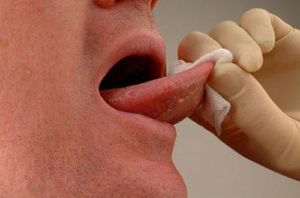
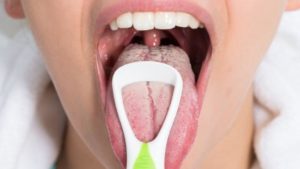
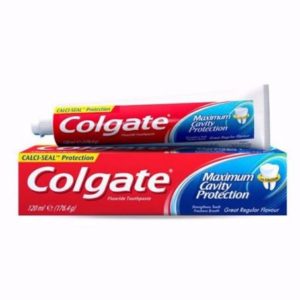
- Chewing Gums: Reduce bad breath and prevents collection of food debris in the mouth.
- Masking the Malodor:Mouth rinses, mouth sprays, and lozenges contains evaporative agents with a pleasant smell which has a short-term effect. E.g. mint containing lozenges. [1]
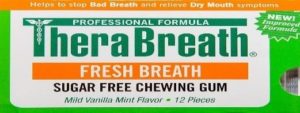

If bad breath persists after following the above measures, then you must schedule an appointment with your dentist, because then the cause of bad breath could be because of a systemic problem.
Tips on how to prevent bad breath:

- Brushing and flossing your teeth:Brush using a fluoride containing toothpaste at least twice a day, especially after meals. Always floss after eating to remove food particles from in between your teeth that can cause bad breath. Make sure you change your toothbrush regularly. You can carry a toothbrush, a disposable floss, and chewing gum or mouth spray on you to brush your teeth and floss after eating smelly or sticky foods to prevent bad breath in a social setting.
- Clean your tongue: Either with a toothbrush or a tongue scraper (preferred) to reduce coatings on your tongue that causes bad breath.
- Clean your dentures or dental appliances: If you have any dentures or bridges, make sure you clean them properly especially after eating. Clean your denture, dental retainers, or mouthguards before you put them in your mouth. Cleaning agents can be recommended by your dentist for best results.
- Avoid dry mouth: To accomplish this, you must avoid alcoholic drinks, and tobacco products. Make sure you are drinking plenty of water (not coffee, or soft drinks). You can suck on a sugarless candy or chew gum to stimulate salivary flow. See your dentist if you notice dry mouth for longer periods of time which is not resolved by methods mentions above.

- Adjust your diet: Avoid foods like onions and garlic as they lead to bad breath and sugary foods as they can serve as nutrients to bacteria causing bad breath.
- Schedule regular dental appointments: Schedule checkups with your dentist at least twice a year to have your teeth, dentures or dental appliances examined professionally cleaned. [3]
References:

- Newman, M. G., Klokkevold, P. R., Takei, H. H., & Carranza, F. A. (2012). Carranzas clinical periodontology. Missouri: Elsevier.
- Staff, F. E. (2019, April 24). What Causes Bad Breath? – Halitosis. Retrieved from https://familydoctor.org/condition/halitosis/.
- American Dental Association. (2012). Bad breath. The Journal of the American Dental Association, 143(9), 1053. doi: 10.14219/jada.archive.2012.0337.
- For further reading: Caranza’s clinical pathology textbook, 11th edition, Chapter 29: Oral Malodor.


